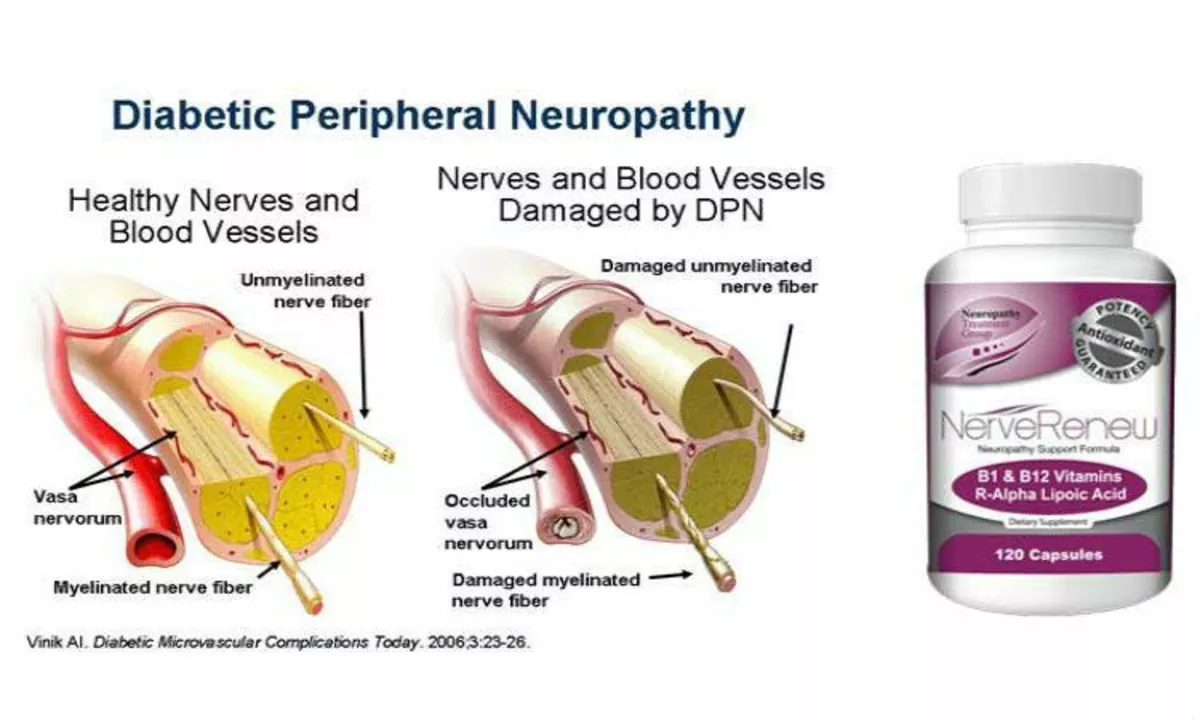Cardiovascular disease: what to watch for and how to reduce your risk
Cardiovascular disease (heart and blood vessel problems) is still the top health threat for many adults. The good news? Small changes add up and can cut your risk. This quick guide gives clear signs to watch for, real steps you can take today, and when to call a doctor or go to the ER.
How to spot it early
Not all heart problems announce themselves with dramatic symptoms. Some common warning signs are chest pressure or discomfort, shortness of breath during everyday activities, sudden dizziness or fainting, and unexplained fatigue. Symptoms can also show up differently in women—more jaw, neck, or upper back pain, nausea, or extreme tiredness.
If you notice new chest pain that lasts more than a few minutes, sudden heavy sweating, fainting, or trouble breathing, treat it as an emergency and get help right away. For milder but persistent symptoms, book an appointment with your doctor to check your heart health and get tests such as blood pressure, cholesterol, and possibly an ECG.
Simple ways to lower your risk
Eat smarter: focus on vegetables, fruits, whole grains, lean proteins, and healthy fats (like olive oil and nuts). Cut down on processed foods, sugary drinks, and too much salt. You don’t need a perfect diet—small shifts matter, like swapping soda for water or choosing grilled over fried.
Move more: aim for some activity most days. Brisk walking, cycling, or a dance class adds up. If 30 minutes at once feels like too much, try three 10-minute walks. Strength training twice a week helps too.
Quit smoking and limit alcohol. Smoking greatly raises heart risk and interacts badly with many medications. Even cutting back on drinks reduces blood pressure and calories.
Know your numbers: get your blood pressure, cholesterol, and blood sugar checked at least once a year or as your doctor recommends. If these are out of range, your provider can suggest lifestyle steps and medicines to lower risk.
Manage stress and sleep. Chronic stress and poor sleep can raise blood pressure and affect heart health. Try simple habits: set a regular sleep time, step outside for short breaks, and practice breathing or short walks to reset.
Medications can help when lifestyle changes aren’t enough. Common classes include statins (to lower cholesterol), blood pressure medicines like ACE inhibitors or beta-blockers, and antiplatelet drugs after certain events. Always follow your doctor’s plan and ask questions if you’re worried about side effects.
Want a quick plan? Start with one thing: walk 15 minutes a day for a week, swap one processed snack for fruit, or book a health check. Those small wins build confidence and reduce heart risk over time. If you have a family history of heart disease, high blood pressure, diabetes, or high cholesterol, talk to your doctor sooner rather than later.
Take action today—your heart will thank you for it.

